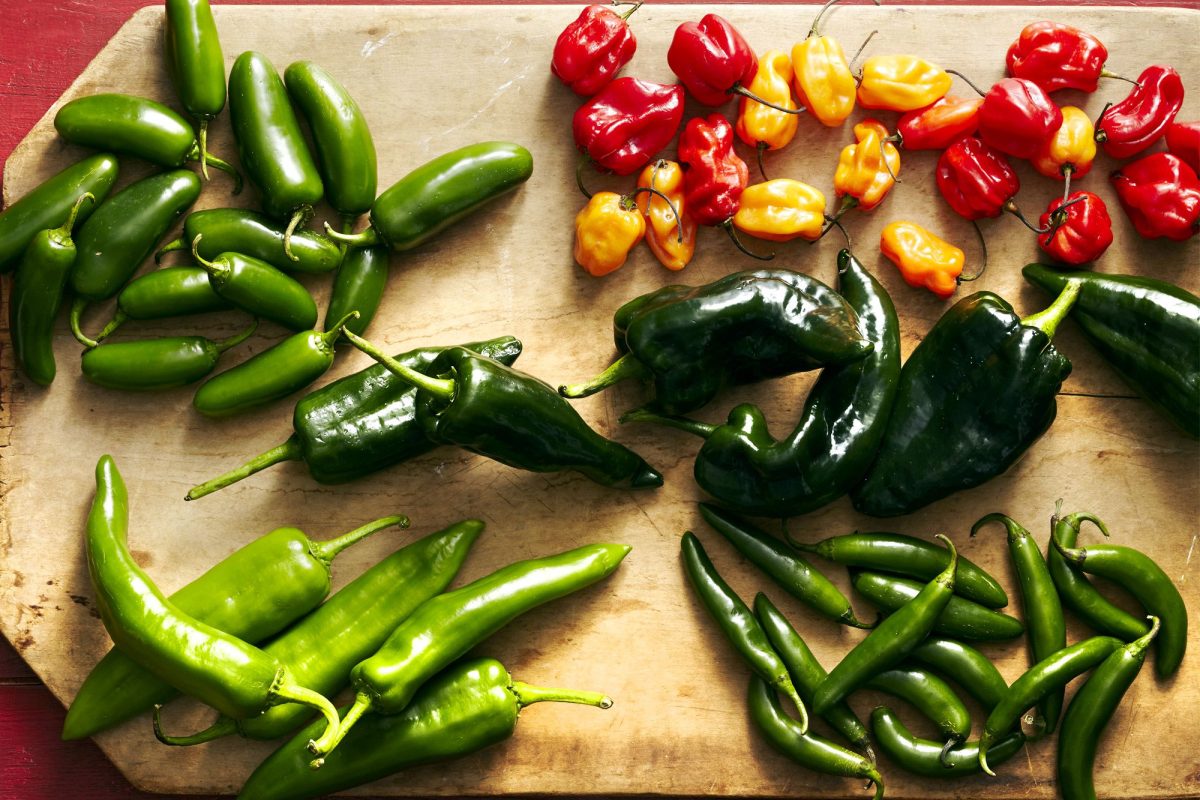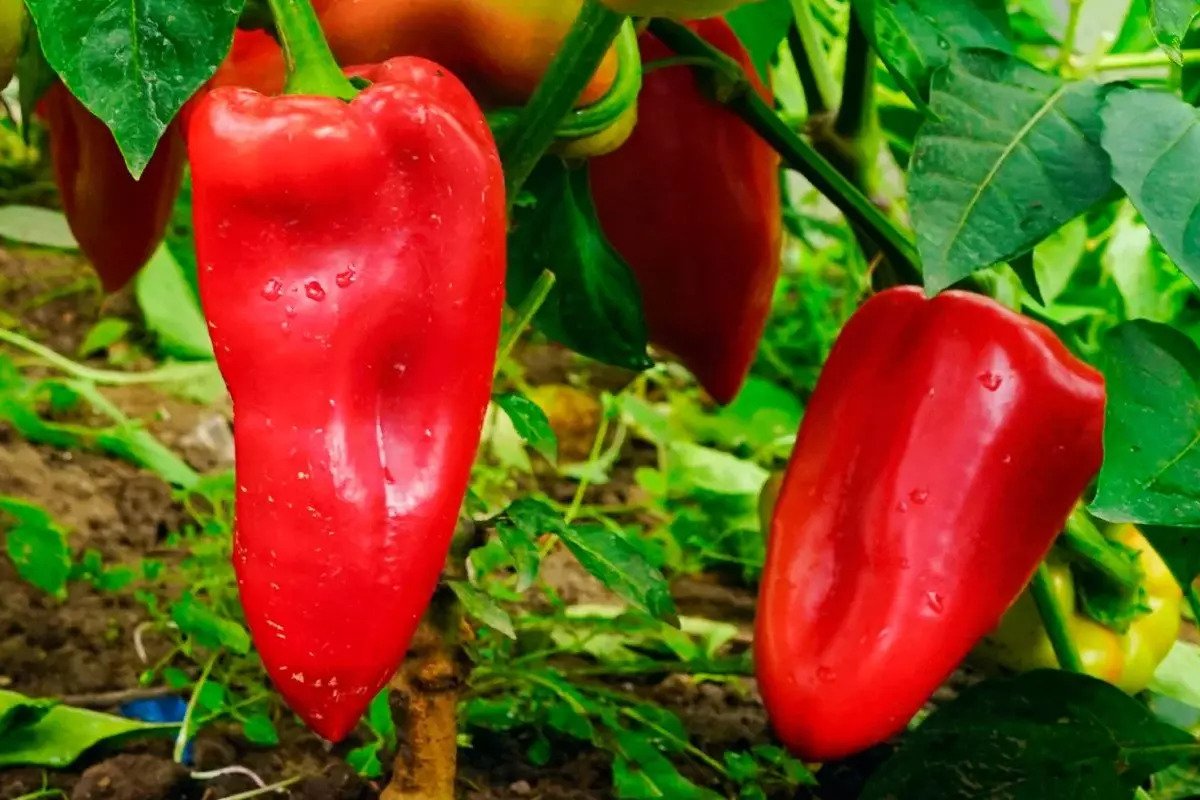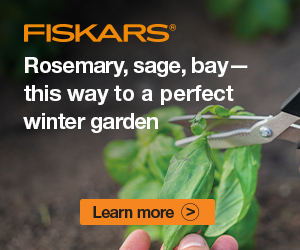
Planting Peppers in Zone 3 Climates
Many gardeners love planting peppers because of how expensive they can get in stores. While they are relatively easy to grow, you may have a bit of a challenge if you live in a cool region.
Plant Your Peppers Right
1. Choose the Right Variety
If you live in regions with cooler climates, it is recommended to choose pepper varieties with a fast maturity rate. The best options, in this case, are California Wonder, Anaheim, Jalapenos, and King of the North.
2. Plant Them Right
First, prepare your soil mix and plant the seeds up to half an inch deep. Let them germinate for up to 21 days in a warm space.
While waiting, often check to ensure the soil is moist. You also ensure the plant is strong, so you can easily transplant them. To get this done, it will help to tick off pepper blossoms that grow while the plants are inside.
This process will allow the plant to develop the roots when you transplant them.
3. Right Timing
During the cold season, you can plant seeds indoors from late January to February. Some gardeners will advise you to plant them two to three weeks before planting bell peppers.

4. Pruning
You need to prune the plant’s upper section, also called the topping process. Do it a week or two before transplanting. This will make the planted seeds grow into bushy plants.
5. Hardening
You need to harden the seedlings carefully before transplanting time.
6. Transplanting
When it’s time to transplant, put the growing seedlings into bigger containers about six inches in diameter.
7. Transplanting
When it’s time to transplant, put the growing seedlings into bigger containers about six inches in diameter. Check the weather before proceeding with the process. You can only transplant the seedlings when the frost is all over. If you don’t have a greenhouse and the temperature is below 12 C, cover them with poly or cloche until the weather becomes warmer.
You may also like
Written by coral
| M | T | W | T | F | S | S |
|---|---|---|---|---|---|---|
| 1 | 2 | 3 | 4 | 5 | 6 | |
| 7 | 8 | 9 | 10 | 11 | 12 | 13 |
| 14 | 15 | 16 | 17 | 18 | 19 | 20 |
| 21 | 22 | 23 | 24 | 25 | 26 | 27 |
| 28 | 29 | 30 | 31 | |||


Leave a Reply